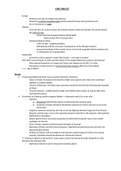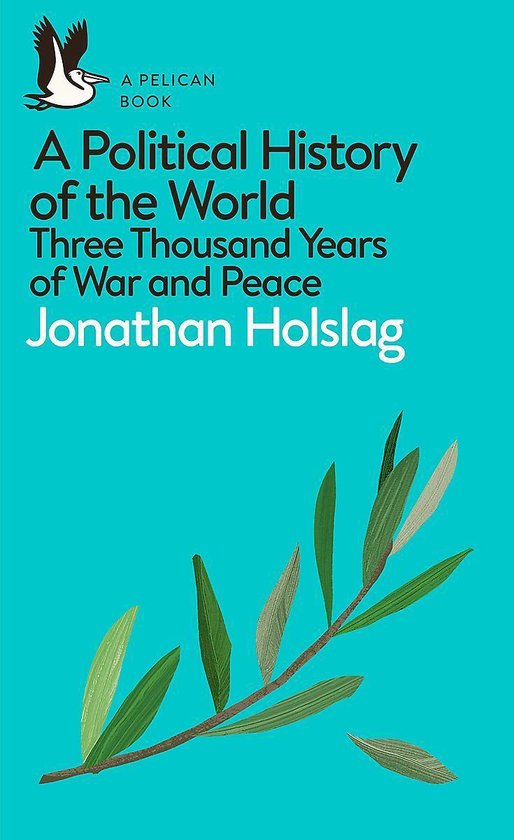1250-1500 CE
- Europe
- Entered a new age of intellectual endeavor
- Important economic breakthroughs (textile manufacturing, steel production etc)
- Era of revolutions in trade
- Climate
- From the late 13C, across Europe, the climate became colder and harsherThe world entered
the Little Ice Age.
- Food production dropped, faming, Black Death
- Killed at least 40% of Europe (14C)
- Similarly bleak in China:
- Little Ice Age -> plague pandemic
- Still dealing with the economic consequences of the Mongol invasion
- Immense hardship, violent social unrest, wars (with magnified destructiveness due
to widespread use of gunpowder).
- Gunpowder
- Invented in China, spread to India, ME, Europe => new age in warfare.
- 1250-1500: renewed hopes of order and the reality of war shaped diplomacy, politics, government.
- New imperial dynasties in Europe and China; new empires in the ME, CA, India;
- Emergence of major powers in Central and South America (first time since Maya).
=> +/- age of rebirth
Europe
● Continuing debates between wars and peace between Christians.
○ Henry of Ghent: Christian lords should not fight wars against each other, but could band
together to combat infidels.
○ Vincent of Beauvais: Christian unity and peace should be achieved by following the example
of Christ.
○ Thomas Aquinas: - middle ground: kings could defend their realms, as long as they were
motivated by justice.
● Evolutions in thinking: (politics-papacy debate) => desperate search for a just ruler
○ Aquinas:
■ Monarchy held the best chance of advancing the common good.
■ Authority of kings should be checked by natural law, which was born out of God’s
eternal law.
○ Alighieri: universal monarchy: the way to end the fighting between kings, the Holy Roman
Emperor and the pope, was to vest supreme temporal authority in the emperor, with spiritual
leadership in the papacy.
○ Dubois agreed with a universal monarchy, but believed the king of France was a better
candidate for the role.
○ Giles of Rome: supreme political power belonged to the pope.
○ Marsilius of Rome: the Holy Roman Emperor rightfully had political power, but had to be
democratically elected.
○ William of Ockam: both the emperor and the pope could be deposed if they were acting
unjustly; Christians should be allowed to criticise the Church.
==> Everyone agreed on the need for unity, justice, peace, but they profoundly disagreed on who
should be the ultimate ruler.
○ Diplomacy should be used to bring and maintain peace.
, 1250-1500 CE
○ Others were less idealistic about diplomacy
■ Warning against diplomatic summits because they encouraged grandstanding and
underhand methods of persuasion.
■ Ambassadors worked not to advance universal peace but in the interests of their
own state.
○ Nevertheless, the intensifying political and economic connections between states resulted in
the emergence of a growing community of diplomats.
■ Permanent ambassadors
■ Establishment of new bureaucracies to manage and archive official correspondence
■ Conventions dictating the practice of diplomacy
● Italy was a diplomatic testing ground
○ Trade boomed, and the patchwork of cities negotiated hundreds of special pacts to facilitate
commerce.
○ But trade was also a reason for conflict
■ Milan competing with Florence (silk production)
■ Venice competed with Milan over the River Po, so allied with Florence.
■ When Milan relapsed into civil war and Venice became too powerful, Florence
switched sides.
■ Venice-Naples alliance.
○ Further wars followed, increasingly involving the papacy
■ Sought to establish its political power in Italy.
○ Peace of Lodi (1454): Milan and Florence vowed to preserve the status quo and not intervene
in each other’s domestic affairs.
○ Acceptance of the formation of an Italic League and the pope’s proposal for a general peace;
but tensions remained.
○ But ultimately, a pragmatic understanding of the BOP maintained stability rather than high
principles of treaty-based international order
■ Relative peace on the Peninsula until end 15C.
● As long as the Turks remained east of the Adriatic Sea and the Northern European powers were
preoccupied with their own problems to intervene in Italy, Italy could afford its anarchy.
● 14-15C: France was involved in numerous conflicts with England
○ Hundred Years War (1337-1453)
■ Originated in issues of succession and sovereignty of French and English crowns
■ Spread to Spain, Portugal, Flanders, Scotland, Flanders, Germany. -> FR and EN
fought through allies and proxies.
■ Victory of Agincourt (1415): (Partly due to alliance with duchy of Burgundy). EN
briefly controlled much of northern France
■ But death of Henry V and growing French resentment led to a turning point: EN
slowly driven back.
● 1435: France convinced the war-weary Burgundians to end their alliance
with EN.
■ The war cost EN all its continental possessions (except Calais).
● EN’s financial burden and humiliation of defeat sparked a civil war: Wars of Roses (1455-1485)
○ Rivals competed for the throne.
● Victory for France meant a huge extension of royal authority, further leading to a modern centralised
state. ==> FR was firmly established as one of the great powers of Europe.
● French self-confidence led it to seek conflicts all around: Germany, Spain, Scotland, Italy.





